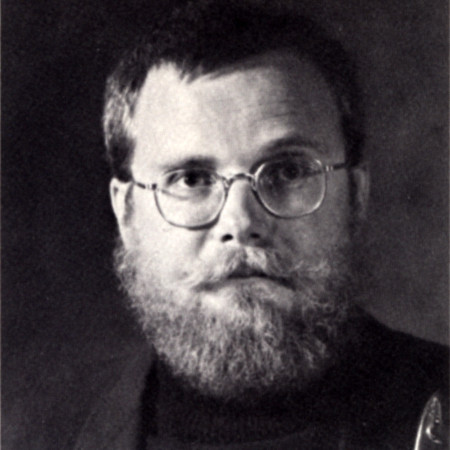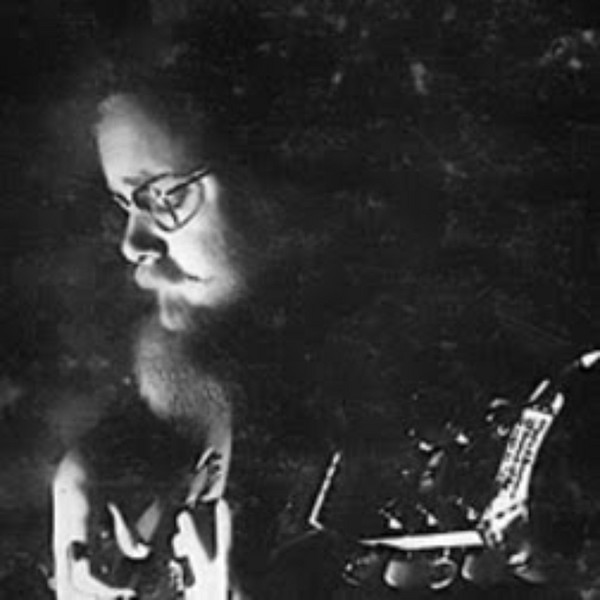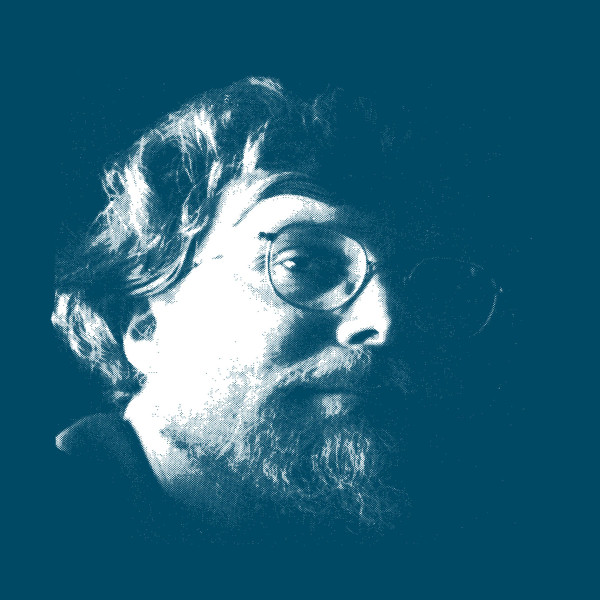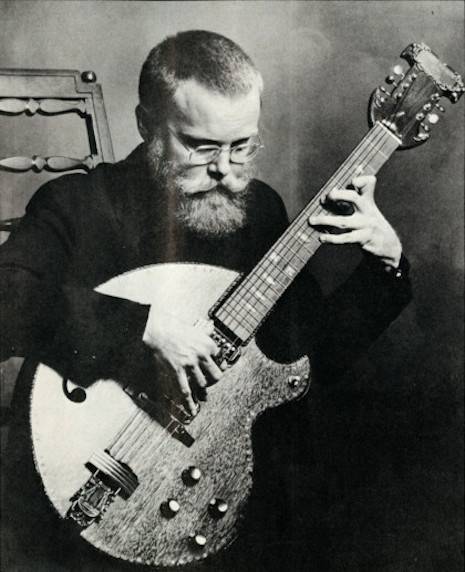Master Wilburn Burchette
Настоящее имя: Master Wilburn Burchette
Об исполнителе:
California mail-order mystic Master Wilburn Burchette was first known from his ads, hidden in the back pages of Fate Magazine, Beyond Reality, and Gnostica News. On offer: Burchett’s seven-part, block-printed “Psychic Meditation Course,” designed to teach people how to listen to music. To go along with his lessons, Burchette sold a series of instrumental guitar and electronic records featuring ornate hand-drawn cover designs, complete with listening instructions from the Master himself. Since just his twelfth year, Burchette had been transfixed by the parapsychological, spending as much time reading books on Tibetan mysticism fundamentals as he did practicing guitar, the vibrations of which he used to create tonal pictures and patterns. After time spent teaching classical guitar, Master Wilburn Burchette released seven albums in the seven years spanning 1971 through 1977, before abruptly burning and discarding everything related to his musical explorations. On Mind Storm, the final album he made prior to his emphatic retirement, Burchette used “pink sound,” a phenomenon known in acoustical science to open the mind to thrilling psychic revelations, setting down two side-long pieces that form a reflecting crystal ball for squalls of deep brain imagery. There is so much to say about Master Wilburn Burchette—someday. “Preserve the mystery,” he told us. We agreed, to a point, but wondered if we could—”No,” he interrupted. “I won’t do it. I don’t need the money.” And certainly, that’s true. Burchette has done very well for himself in the 35 years since he decided to burn and/or send to landfill everything related to his musical endeavors, so as to close the door on that chapter of his life without temptation of ever returning. This need to completely detach from that chapter accounts in part for his reluctance, as a dozen or more labels found over the years, to so much as talk about reissuing his music. But why walk away from a startlingly successful career as a self-published, self-distributing musical artist in a market (new age) that was by the late ’70s just beginning to boom? Why simply quit in the midst of creating work can rightly be described as visionary? We’re contractually not allowed to tell. Limited essentially to what is already public via internet searches and yellowed magazine ads and articles, we can say a few things about Wil, as he is—or at one time was—known to friends. Wil made albums of guitar and synthesizer music between the years 1971 and 1977, mostly under his Burchette Brothers label (run jointly with his brother Kenneth, who is, or was, a chemist), which may have been second only to Steven Halpern’s various labels as the most successful of the early new age self-publishers, selling thousands of copies of a total of seven LPs and a 45 through classified ads in the backs of magazines like Beyond Reality, Gnostica News, and of course, High Times. Wilburn was a largely self-taught guitarist and self-taught mystic, whose fascination with the occult began around the age of twelve. He calls his music “Impro,” seeking to play not music but emotions, harkening back to a pre-verbal age. In Burchette’s construction, language is somewhat mundane as compared to the communicative capabilities of music. Writing in his 1973 survey of new age spirituality, Revelation: The Divine Fire, Brad Steiger (the author of dozens of books on the subject of the paranormal, as well as producer of Burchette’s second album) relays Burchette’s statement that “the ancients believed that everything that existed had a voice and that all creatures were eternally signing the praises of the Creator. But contemporary man, because his soul is enmeshed in the illusion of material existence, can no longer hear these divine melodies.” Impro, then, is one means by which a listener might transcend “the illusion of material existence,” by recognizing the relationship between music and time to achieve consciousness, which Burchette defines as “the ability to recognize the dimensions of time through comparisons. As such, it has being.” To this end, Wil constructed an Impro guitar. Steiger writes that “Long, tedious hours went into the arduous process of tearing down and rebuilding. By the time it was finished, six different woods had gone into the guitar’s construction. Included in these were mahogany (the base), soft pine, elder, and rosewood. The neck is inlaid with abalone shells.” Perhaps there will be more to say about Burchette at some point—perhaps not. For now, we leave you with a picture of the one thing he kept from those musical days, his Impro guitar.
Альтернативные названия:
Вариации названий:
Master Wilburn Burchetts
W. Burchette
Wilburn Burchette
Wilburn Burchette's
William Burchette



